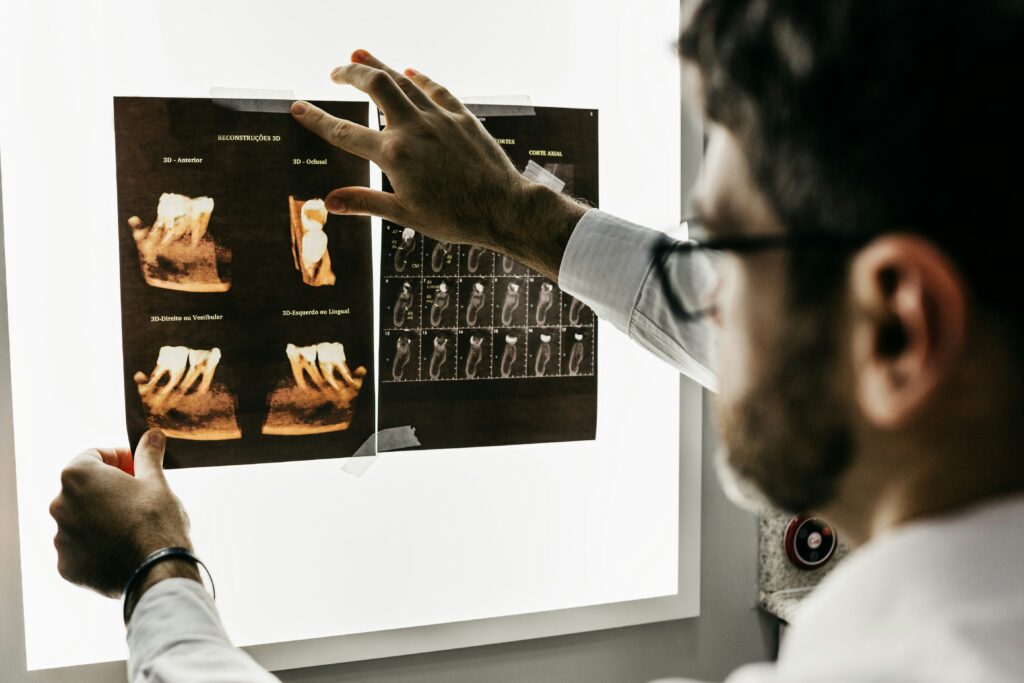
Memory problems, often seen as an inevitable part of aging, may soon be a thing of the past. New research from Virginia Tech suggests that age-related memory decline is linked to specific molecular changes in the brain. By fine-tuning these processes, scientists have found ways to restore memory function, offering hope for millions worldwide.
In groundbreaking studies, Timothy Jarome, an associate professor at Virginia Tech, along with his graduate students, utilized advanced gene-editing tools to target these molecular changes, significantly improving memory performance in older rats. Rats serve as vital models for understanding human memory decline due to their similar biological processes.
“Memory loss affects more than a third of people over 70, and it’s a major risk factor for Alzheimer’s disease,” said Jarome. “This work shows that memory decline is linked to specific molecular changes that can be targeted and studied.”
Adjusting Memory Pathways in the Brain
The first study, published in Neuroscience, led by Jarome and doctoral student Yeeun Bae, focused on a molecular process known as K63 polyubiquitination. This process acts as a tagging system, guiding proteins within brain cells on their functions. When functioning correctly, it aids neurons in effective communication and memory formation.
The researchers discovered that aging alters this process in two critical brain regions. In the hippocampus, responsible for forming and retrieving memories, K63 polyubiquitination levels increase with age. Using the CRISPR-dCas13 gene-editing system, the team reduced these levels, resulting in improved memory in older rats.
Conversely, in the amygdala, a region crucial for emotional memory, K63 polyubiquitination decreases with age. Further reduction of this activity also enhanced memory performance.
“Together, these findings reveal the important functions of K63 polyubiquitination in the brain’s aging process,” Jarome explained. “In both regions, adjusting this one molecular process helped improve memory.”
Reactivating Dormant Genes for Memory Enhancement
The second study, published in the Brain Research Bulletin, led by Jarome and doctoral student Shannon Kincaid, examined the IGF2 gene, known to support memory formation. As the brain ages, IGF2 activity declines due to chemical silencing within the hippocampus.
“IGF2 is one of a small number of genes in our DNA that’s imprinted, which means it’s expressed from only one parental copy,” Jarome stated. “When that single copy starts to shut down with age, you lose its benefit.”
The team identified that this silencing occurs through DNA methylation, a natural process adding chemical tags to DNA, effectively turning the gene off. By removing these tags with the CRISPR-dCas9 system, they successfully reactivated IGF2, leading to significant memory improvement in older rats.
“We essentially turned the gene back on,” Jarome said. “When we did that, the older animals performed much better. Middle-aged animals that didn’t yet have memory problems weren’t affected, which tells us timing matters.”
Multiple Molecular Systems Influence Brain Aging
These studies collectively reveal that memory loss during aging is not due to a single cause but involves several molecular systems changing over time. Jarome emphasized the need for a broader perspective in understanding these changes.
“We tend to look at one molecule at a time, but the reality is that many things are happening at once,” Jarome noted. “If we want to understand why memory declines with age or why we develop Alzheimer’s disease, we have to look at the broader picture.”
Collaborative Research and Future Implications
Both projects were driven by graduate researchers in Jarome’s lab, in collaboration with Rosalind Franklin University, Indiana University, and Penn State. The research was funded by the National Institutes of Health and the American Federation for Aging Research.
Jarome highlighted the significance of collaborative, graduate-led research in advancing scientific understanding. “Our students are deeply involved in designing experiments, analyzing data, and helping shape the scientific questions we pursue,” he said.
The findings offer a promising path forward, suggesting that some molecular changes associated with memory decline can be corrected, potentially leading to new treatments for age-related memory loss and conditions like Alzheimer’s disease.
“Everyone has some memory decline as they get older,” Jarome added. “But when it becomes abnormal, the risk for Alzheimer’s disease rises. What we’re learning is that some of those changes happening at a molecular level can be corrected — and that gives us a path forward to potential treatments.”






